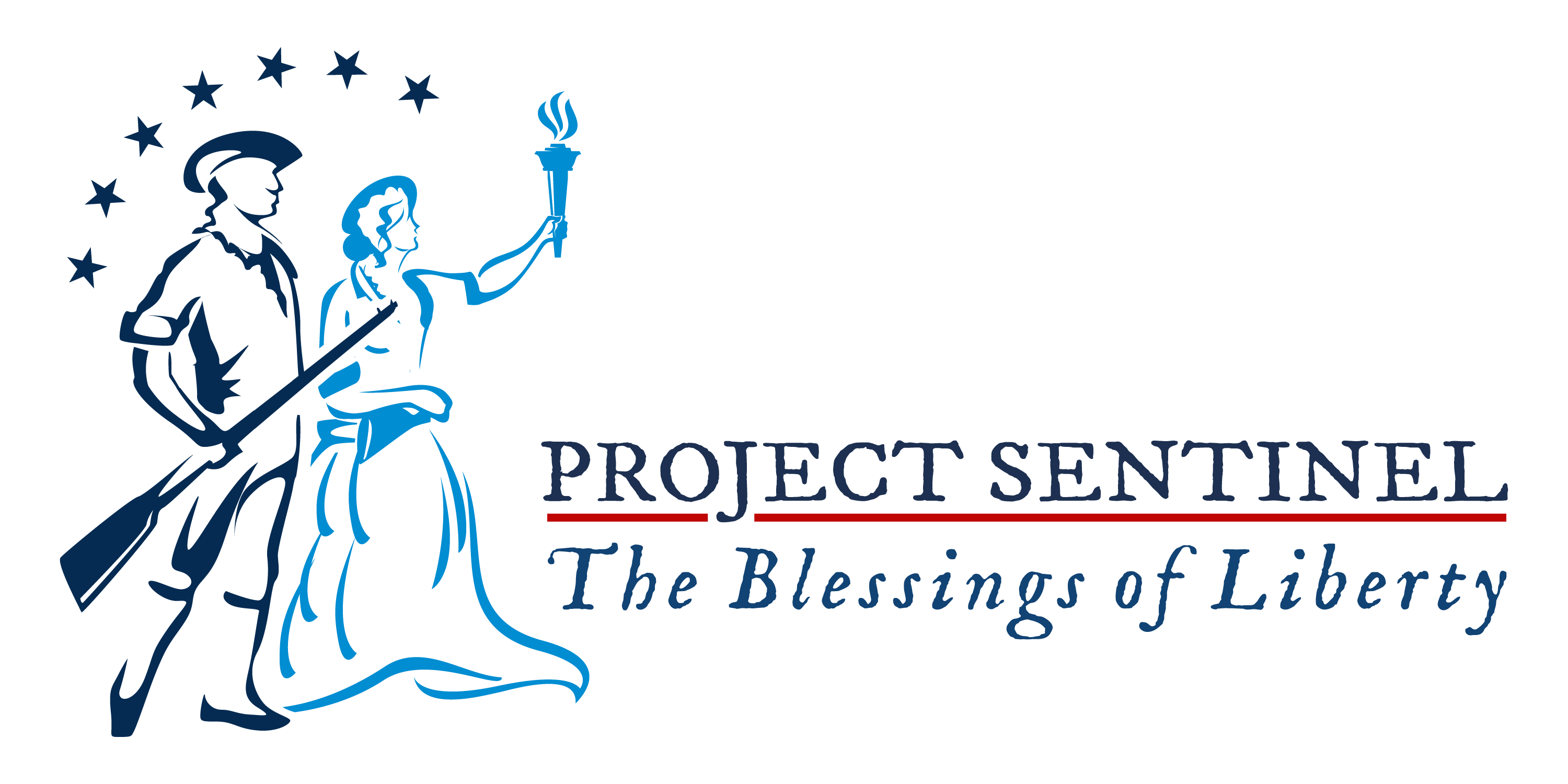Thomas Jefferson in behalf of the Founding Fathers of the United States noted in the First Amendment – and therefore a thought that was first in his thinking – that the government should not prohibit the free exercise of religion and it should not establish a national church or a sanctioned religious faith.
That said, it should be noted that Jefferson – a deist – pointed out that our national truths are derived from a Supreme Being and, as notably, the Constitution in conception is an Augustinian statement predicated on a belief in Original Sin.
While the wall between church and state has grown higher in the last fifty years, it is probably fair to say that the founders’ had intentions different from the present reality.
The secularization of religion has been promoted through the “establishment clause,” but an established religion is not the same as some form of religion. A crèche in a public square is not deemed a violation of the First Amendment, yet public prayer has been deemed a violation.
Tocqueville noted that religion in America is at the core of American life offering the moral precepts that give a culture texture. It is instructive that Richard Neuhaus in Naked Public Square makes the point that the public square is “naked” because religion as a public exercise has been eviscerated from contemporary life.
The debate continues. A pending Supreme Court decision on the use of publicly funded school vouchers for use in religious schools may have a lasting effect on the First Amendment’s interpretation.
Americans, it is sometimes argued, are an increasingly religious people, albeit the nature of that religious observance is vague. What isn’t vague remains the adamantine resistance by the ACLU and other church-state separatists to any public encroachment of religion. It is a private matter, note these acolytes.
Yet people freely and publicly identify themselves in myriad ways. Race is one form of identification, as is gender and even sexual preference. But religion remains buried in privacy. One rarely hears anyone say publicly “I am a Catholic, Protestant, Jew or Muslim.” That is beyond normative claims.
In contending that the mere public expression of faith in God violates the establishment clause, atheists dictate public policy, and, as significantly, remove from the public square a traditional adherence to God.
As the search for meaning, even the search for sentience, continues in a world increasingly technocratic, spiritual demands are likely to increase. Where does that leave the secularized public square? My answer: On the road to desecularization.
The reforms of the last fifty years will not hold. America is likely to return to its roots in an outpouring of religion sentiment – what some have called
“the Fourth Awakening.”
I also suspect that Americans will return to the inspired vision of the Founders who recognized the centrality of religion in the national culture, even as the establishment clause is honored.
This will not be an easy transition since the turn from the logical positivism of the recent past to spiritual inclinations is fraught with many possibilities, including irrationality. That is something to guard against.
What Americans must remain open to is revitalization of a culture bereft of morality and searching for guidance. Everyone benefits from that guidance, especially when the culture can dig its way out of the morass of depravity and into the bright light of vitality.


